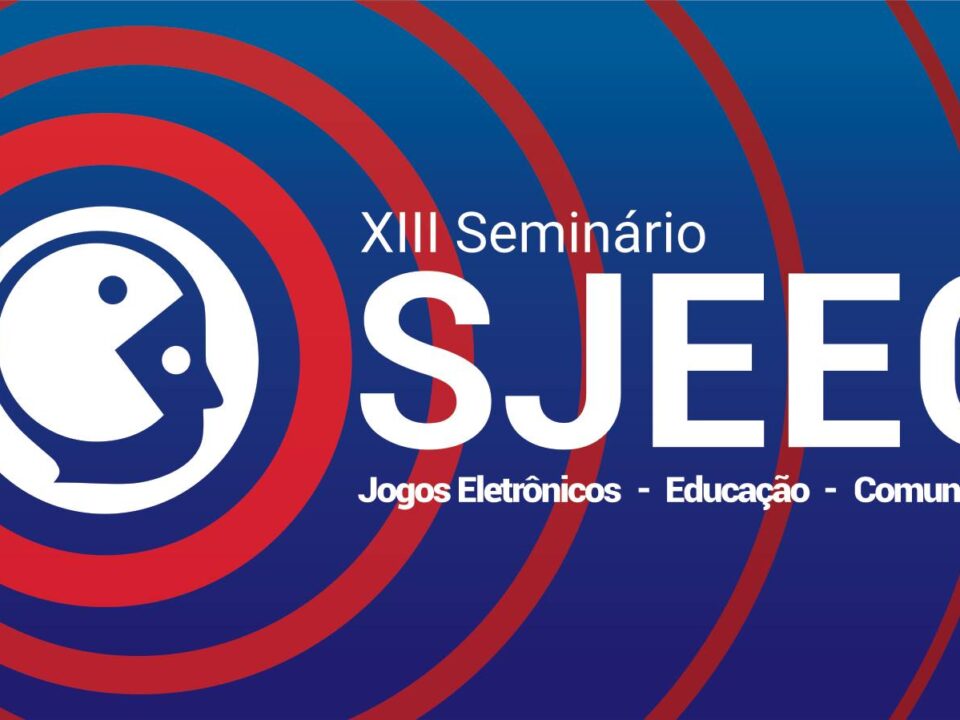Proven Results
Published Articles
Awards
System Usability Scale (SUS)
The SUS questionnaire, developed by Brooke (1996), was proposed for rapid evaluation of usability of systems and helps to evaluate three main criteria:
- Effectiveness (can users complete their goals?)
- Efficiency (how much effort and resources are needed for this?)
- Satisfaction (was the experience satisfactory?)
The results of the usability of the NiO game obtained through the SUS questionnaire are presented below. The average final usability result was 74.22 (out of 100), which indicates a good usability index for the game, according to the classification of Bangor et al. (2009).
Usability Assessment (SUS)
I think I'd like to use this game often
I found the game easy to use
I found that the various functions in this game were well integrated
I would imagine that most people would learn to use this game quickly
Bibliographic Reference
SANDE, D.; SANDE, D.; CARVALHO, A. A. Aprendizagem de física e engajamento através do jogo nivelamento online durante a pandemia da COVID-19. RENOTE, Porto Alegre, v. 19, n. 2, p. 61–70, 2021. DOI: 10.22456/1679-1916.121187. Disponível em: https://seer.ufrgs.br/index.php/renote/article/view/121187. Acesso em: 26 jan. 2023.
Engagement Scale (EGameFlow)
EGameFlow is a questionnaire to measure engagement through educational digital games (Fu et al., 2009). It contains 42 questions divided into 8 dimensions related to a player's engagement:
- Concentration
- Clarity of Objectives
- Feedback
- Challenges
- Autonomy
- Immersion
- Social Interaction
- Knowledge Improvement
This questionnaire determines the strengths of a game in terms of user engagement from the students' point of view (Fu et al., 2009). This instrument has already been used for direct evaluation of four educational games by the authors of EGameFlow themselves and by Iten and Petko (2016) as a basis for the construction of new educational game evaluation instruments.
Engagement Assessment
Knowledge Improvement
Clarity of Objectives
Challenges
Concentration
Bibliographic Reference
SANDE, D.; SANDE, D.; CARVALHO, A. A. Aprendizagem de física e engajamento através do jogo nivelamento online durante a pandemia da COVID-19. RENOTE, Porto Alegre, v. 19, n. 2, p. 61–70, 2021. DOI: 10.22456/1679-1916.121187. Disponível em: https://seer.ufrgs.br/index.php/renote/article/view/121187. Acesso em: 26 jan. 2023.
Student Experience (comparison with Moodle)
A questionnaire was developed with the objective of comparing the students' experience in relation to the resolution of the exercises presented in Moodle and Nivelamento Online.
The questions in this questionnaire contained the possibility for students to comment on the answers given.
Learning was presented as the acquisition of new knowledge, understanding of concepts and perception of new ways of solving problems. Motivation was defined as the desire to continue, engagement and impulse to achieve a goal and satisfaction was related as contentment and pleasure when performing an activity.
The results show that the game obtained better averages to the detriment of moodle in the three criteria: learning, motivation and satisfaction.
Nivelamento Online Assessment

Learning
Motivation
Satisfaction
Moodle Assessment

Learning
Motivation
Satisfaction
Bibliographic Reference
SANDE, D.; SANDE, D.; CARVALHO, A. A. Aprendizagem de física e engajamento através do jogo nivelamento online durante a pandemia da COVID-19. RENOTE, Porto Alegre, v. 19, n. 2, p. 61–70, 2021. DOI: 10.22456/1679-1916.121187. Disponível em: https://seer.ufrgs.br/index.php/renote/article/view/121187. Acesso em: 26 jan. 2023.








